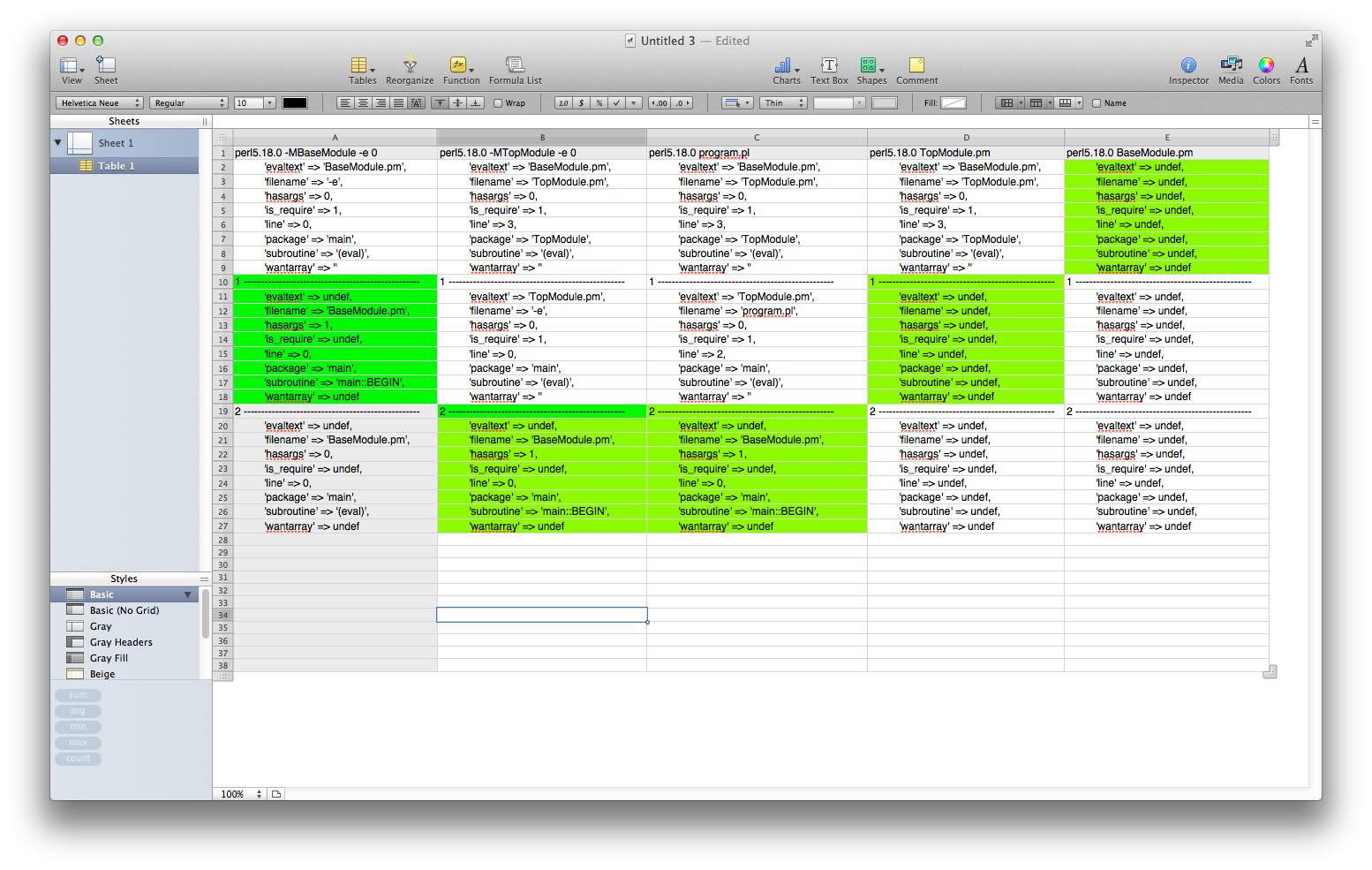The “Error Handling” chapter is really two chapters: one on dealing with error and warning messages that Perl gives you, and creating those messages on your own for people using your code.
When I first wrote this chapter, Perl’s “exception” handling was poor. We had the basics that we still use, but we hadn’t figured out all of the special cases. Try::Tiny and TryCatch didn’t show up until 2009, about four years later. Not only did I need to cover those important developments, but the background behind them.
autodie also replaced Fatal in core.
In the first edition, I covered Carp in the “Debugging” chapter. I don’t know what I was thinking then, but I’ve moved that to this chapter, leaving a big hole in that chapter; I’ll have to figure out what to do about that, but later.
I also added my ReturnValue discussion. We treat errors and return values as different things; even worse,, we treat them as unstructured data so we need to know special things about every function to know what it’s return value means. Is undef a valid result or an error? What about 0 or the empty string? With a return value object, we can ask directly. I don’t expect anyone to use my module, but the idea of this module.
I think I also avoided the easy trap for a chapter like this: I didn’t make it just a survey of modules. We know from Perl history that best practices and favorite modules have short lifetimes compared to book publishing rates. I hope I gave people enough to think about so they could evaluate future.
You can read this chapter in O’Reilly Atlas.

